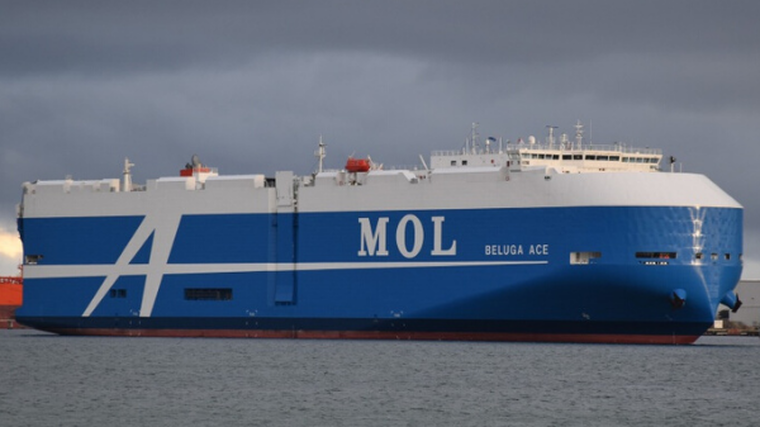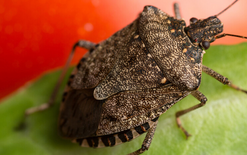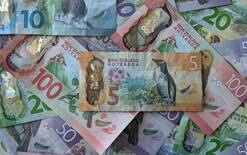Insects discovered on ship

Contamination has been found by government inspectors on-board a vessel transporting vehicles from Japan.
Biosecurity NZ told Autofile Online that its officers at Ports of Auckland detected contamination on-board the Beluga Ace, pictured.
Plant material, soil and insects were discovered during verification inspections of cargo being carried by the vessel.
“The vehicles went through an approved biosecurity system in Japan before export,” says a spokesperson for Biosecurity NZ. “The verification checks are part of our multi-layered approach to ensuring imported vehicles meet our strict biosecurity requirements.
“In this case, the vehicles of concern were directed to undergo controlled discharge, further checking and cleaning as required, which resulted in clearance delays.
“We expect the clearance process to be completed today [July 9]. We are continuing to work with system providers in Japan to improve their processes.”
The Beluga Ace ended up spending three days and 18 hours dockside in Auckland before setting sail to Lyttelton, where it was expected to arrive at 4pm on July 10.
The ship has previously departed Yokkaichi in Japan on June 12, with stops at Yokohama on June 14, Kisarazu on June 15 and Kobe on June 17.
David Vinsen, chief executive of the Imported Motor Vehicle Industry Association (VIA), says the detection on the Beluga Ace shows biosecurity processes are working well following changes made because of the coronavirus pandemic.
Biosecurity NZ decided in March this year to withdraw staff who conduct pre-border verifications and audits on vehicles from Japan. It means verifications of used vehicles in Japan for export to New Zealand have since been carried out on-shore.
“People should feel quite comforted that our biosecurity teams are continuing their normal stringent procedures despite being disrupted by returning to New Zealand and this shows the system is working,” says Vinsen.
“Although the vehicles affected may have been in storage for some time they would have been inspected by biosecurity operators again before they came here. The only thing that’s different from normal is Biosecurity NZ doing its checks when the ship discharges here rather than before it has loaded in Japan.
“They identified a risk in one or two cars in the first sample and escalated it to 10 per cent of the load and escalated it again as they found sufficient reason to verify more vehicles.
“Our preference, ultimately, is to have such verifications done in Japan because it’s better to do it during the dwell time while vehicles are being aggregated on the wharf for shipment. We’d also rather stop any biosecurity risk at its source rather than having to catch it here.”





